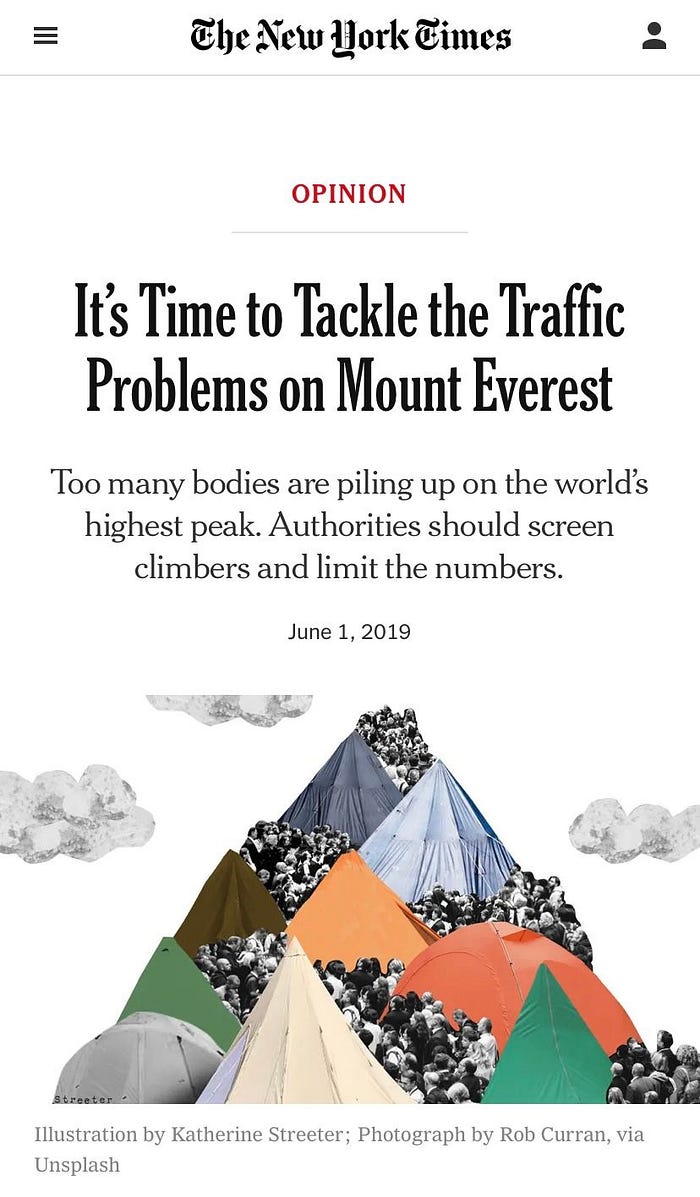Navigating Global Challenges: Insights from the World Economic Forum
Written on
Chapter 1: The World Economic Forum's Agenda
The annual gathering of the World Economic Forum in Davos, Switzerland, serves as a platform for global leaders to deliberate on crucial economic challenges. This year’s focus was on the significant hurdles our world faces today and potential strategies for resolution. Topics ranged from the proliferation of misinformation to the integration of financial markets, and the increasing disconnection among individuals, compounded by persistent poverty and inequality. Below are the key issues tackled during the forum.
The first video titled "The Top Key Issues Facing Society in 2024" delves into the most pressing concerns affecting our world today, providing insights from leading experts and policymakers.
Section 1.1: Growing Isolation in a Globalized World
The 2018 Davos meeting occurred against a backdrop of skepticism towards globalization. Richard Stearman, chief economist at Swiss Re, noted the stark division within society today compared to previous decades. "The world is a lot more divided now than it was 10 or 20 years ago," he stated, emphasizing the implications of this division on people's lives. The rise of social media has contributed to this polarization by enabling the rapid spread of misinformation, further isolating communities.
Subsection 1.1.1: The Digital Economy's Impact

The digital economy, now valued at approximately $100 trillion, has transformed how we conduct business. E-commerce and online advertising are flourishing, yet millions remain unbanked. Laura Marcin of the Center for Democracy and Social Change highlights the importance of trust in digital financial services, stating, "Making sure that people can trust the system and understand what's at stake is crucial."
Section 1.2: Rising Global Inequality
Income disparity continues to escalate across various regions, with profound implications for economic growth. Jennifer Blanke from Google warns, "When people are less equal, it puts the brakes on growth." The targeting of advertisements through digital media is one factor contributing to this inequality.
Chapter 2: The Spread of Misinformation
The proliferation of fake news has emerged as a significant concern. Juanita Deasy, UN special rapporteur for freedom of expression, remarked, "We are facing the fact that misinformation is more available than correct information." This issue affects both developed and developing nations, with rising misinformation in countries like India.
The second video titled "Global Threats Today: What's At Stake and What We Can Do About It | 2023 Edition" explores various global threats, including misinformation, and discusses actionable steps we can take to counter these challenges.
Section 2.1: The Integration of Financial Markets
In recent years, financial markets have become increasingly interconnected. Ed Giamarchi, CEO of the International Swaps and Derivatives Association, stresses the need for proper regulation to address potential issues arising from this integration. "If we don't find an effective solution to it, it will have significant social ramifications," he warned.
Section 2.2: The Future of Work
The future of employment remains a critical topic at the Davos meeting. Carl-Henric Svanberg, chairman of Ericsson, highlighted the challenges posed by automation, stating, "We are in a severe crisis of job creation." This crisis could exacerbate global inequality if job opportunities remain limited for those without higher education.
Conclusion
The World Economic Forum serves as a crucial venue for addressing the pressing issues that impact our global society. The overarching theme this year, "Global Challenges for a Changing World," underscores the urgency of collective action to tackle these challenges effectively.